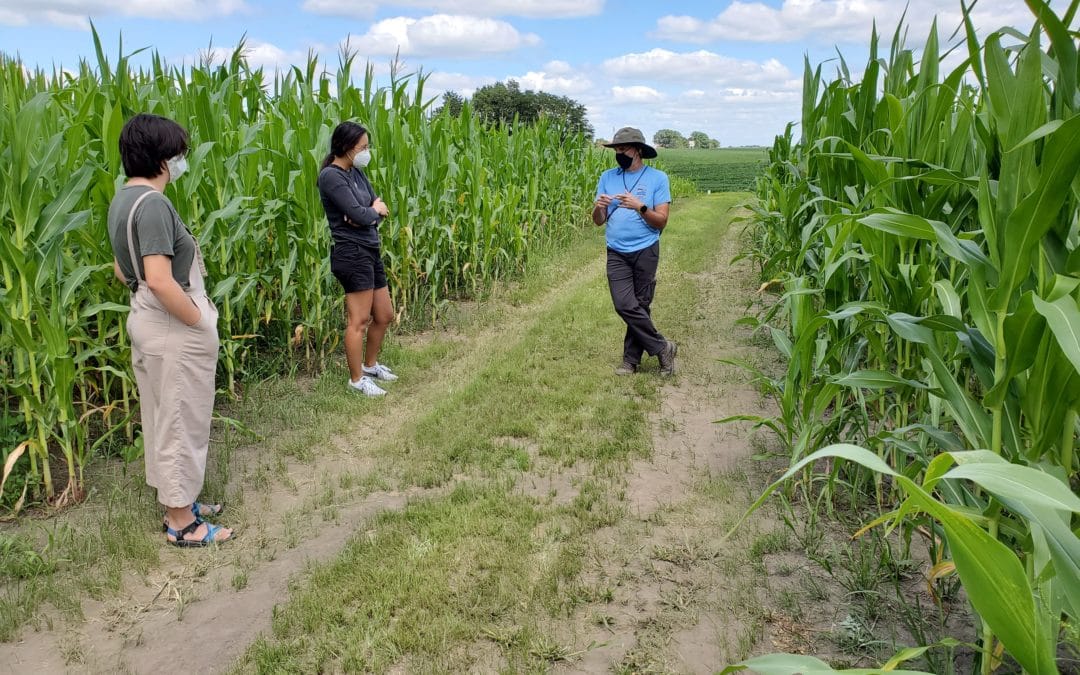
Transitioning to Organic? You Don’t Have to Do It Alone
With this diversity of farms and unique needs in mind, Rodale Institute has built an organic crop consulting model that is flexible to fit the unique needs of every farm.

With this diversity of farms and unique needs in mind, Rodale Institute has built an organic crop consulting model that is flexible to fit the unique needs of every farm.
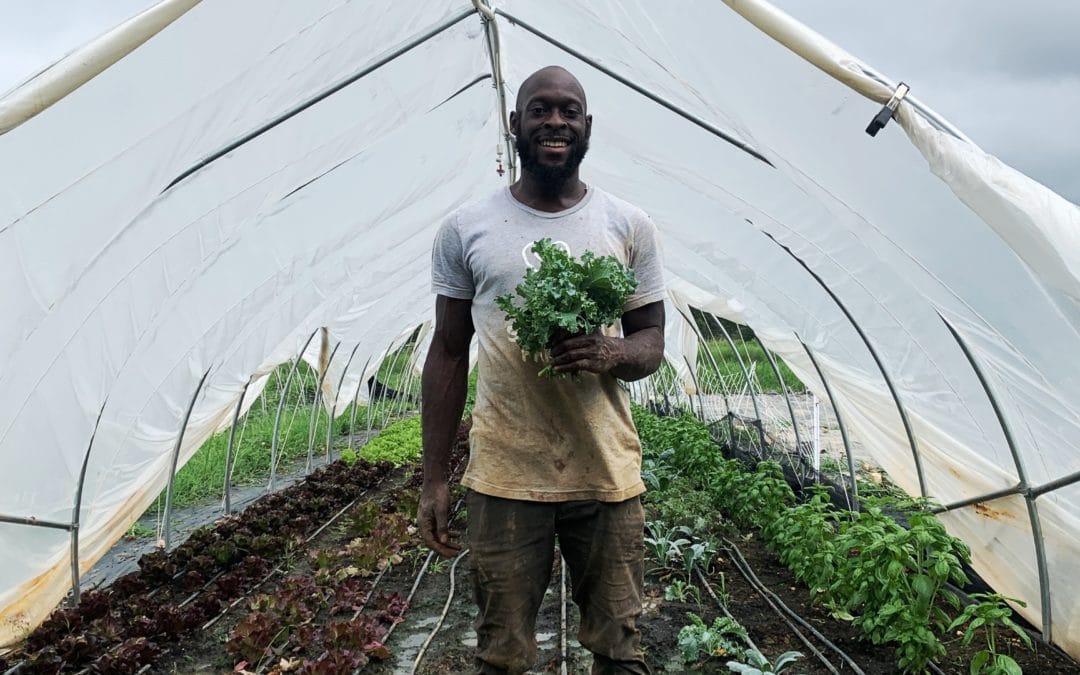
Rooted in a mindfulness of Black history, as well as a desire to nurture and grow the Black community in Durham and Orange Counties, Bell and his team at Sankofa Farms are on a dual mission. The 2.5 acres of vegetable production and 35 beehives provide nutrition to food-insecure communities, while the operations provide a setting for Kamal to teach five Black students leadership, teamwork and personal development as they learn how to farm.
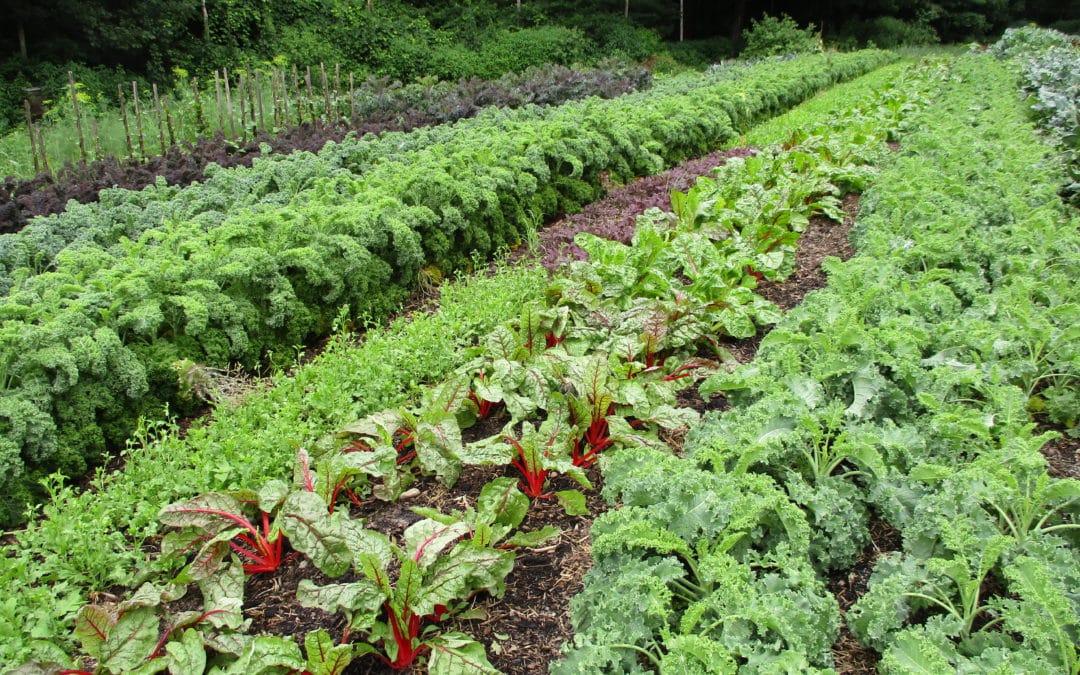
In terms of soil health, it is best to reduce tillage as much as possible, but conditions may dictate the need for occasional tillage, as in the case of initial conversion of an area to vegetable growing, or to incorporate soil amendments thoroughly into severely depleted soils, or to control particularly noxious perennial weeds.
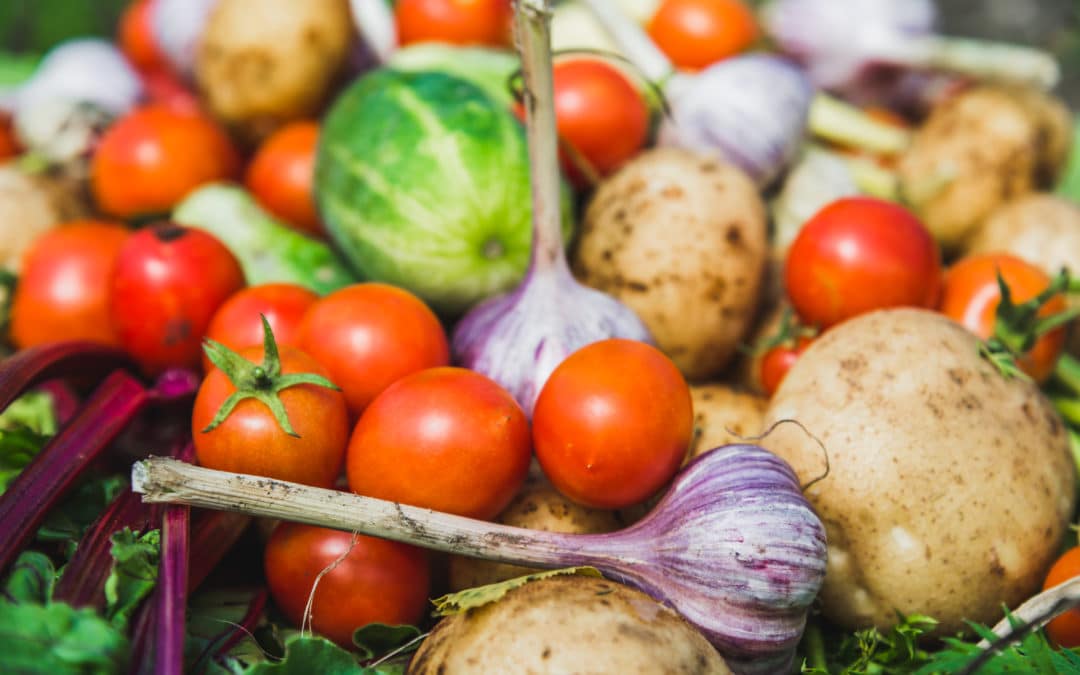
Patterns, cycles and rhythms are the foundation of life. They take the form of habits that shape individuals and communities and of sequences that keep the natural world in motion. One nonconformist nutritionist is tracking particular patterns across the food system to further support his argument that it’s not only what’s for dinner that determines sickness or health — it’s also the rituals and resources that accompany every meal.
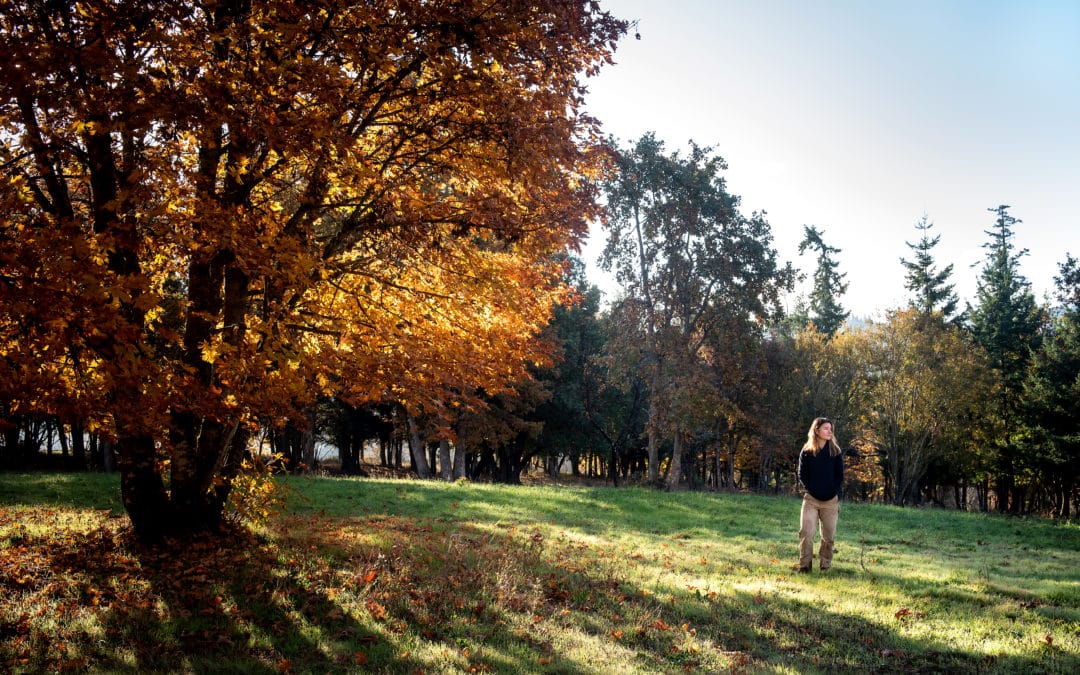
Mimi Casteel of Salem, Oregon, offers a unique perspective for white farmers wanting to acknowledge their privilege, pursue justice and move toward a more equitable and regenerative future.
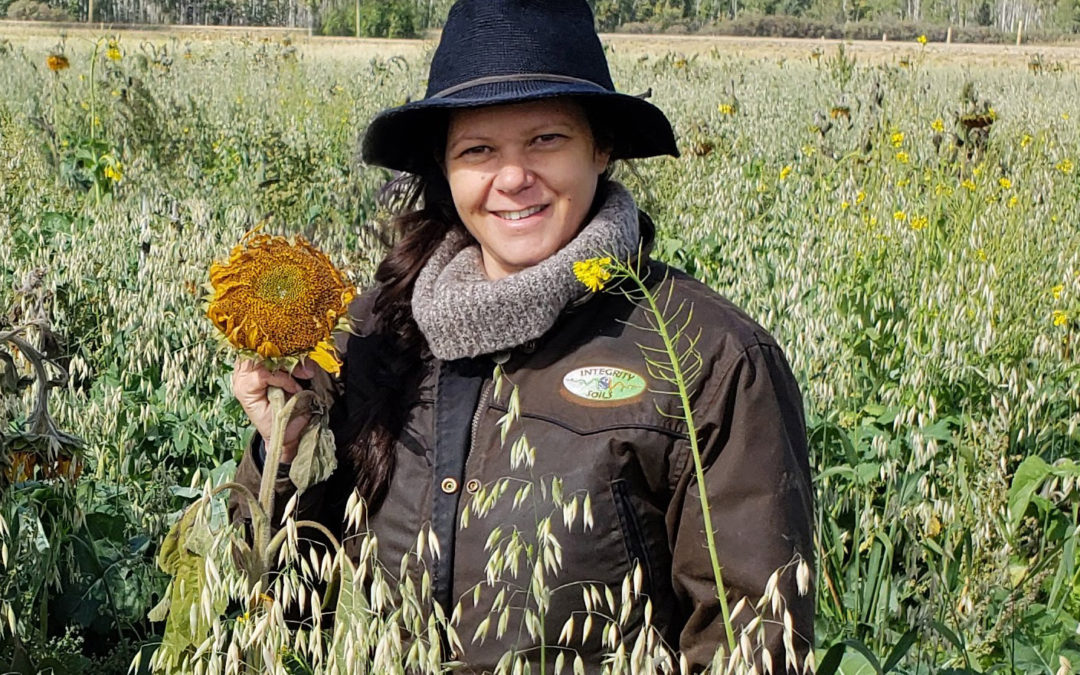
With us on our first live episode of Tractor Time is agroecologist Nicole Masters. She has a new book out. It’s called, “For the Love of Soil,” and there’s an excerpt of that book in the August edition of Acres U.S.A. magazine. Go to acresusa.com to subscribe. Nicole has 20 years of experience working in Australia and New Zealand, in North America, to create regenerative food systems.